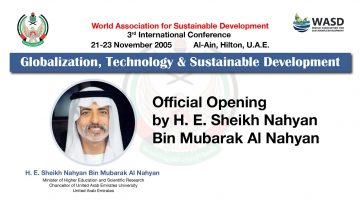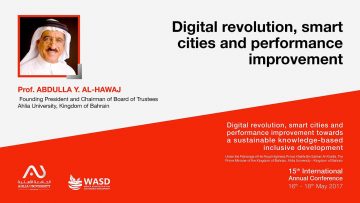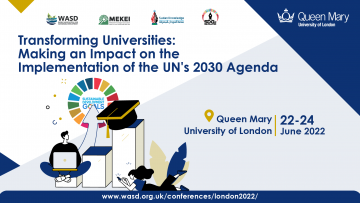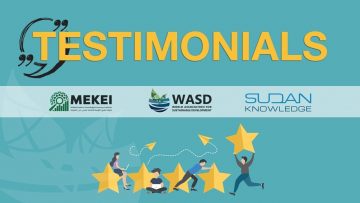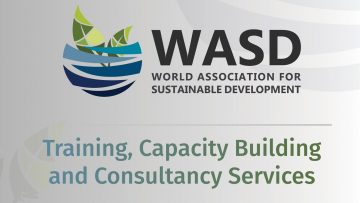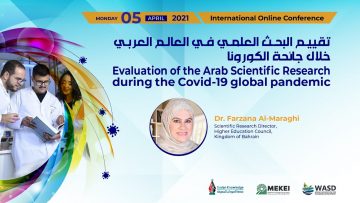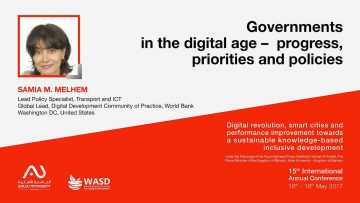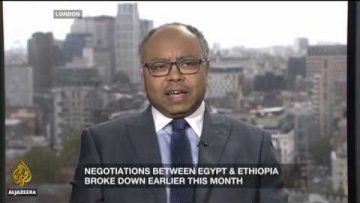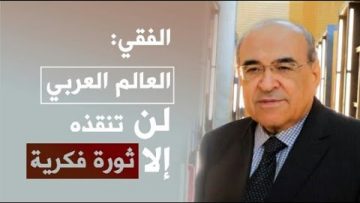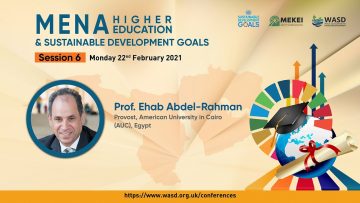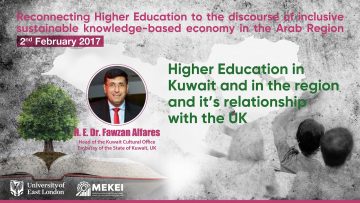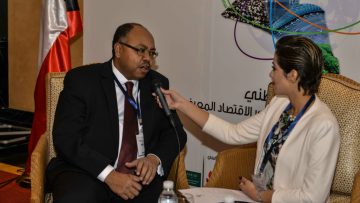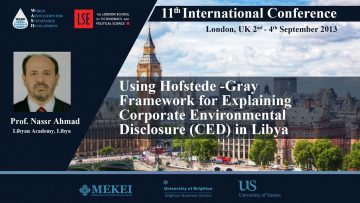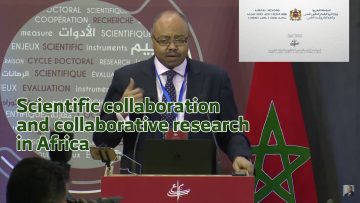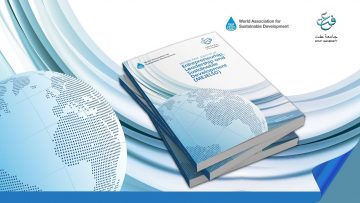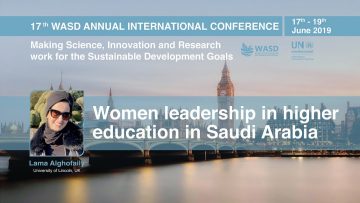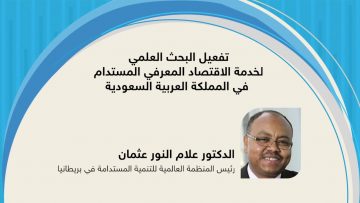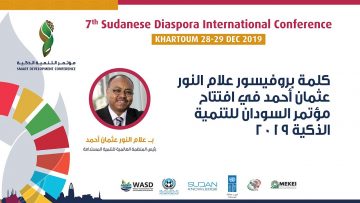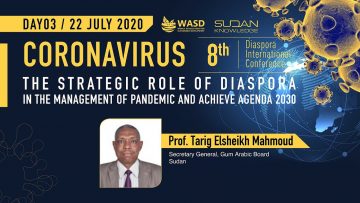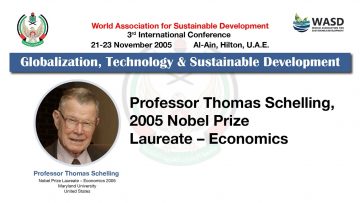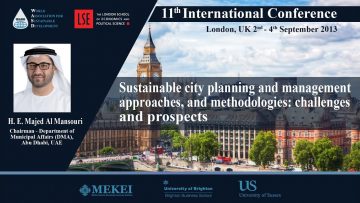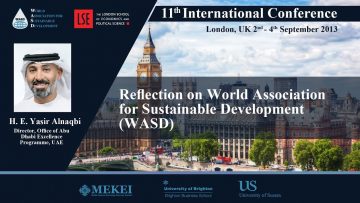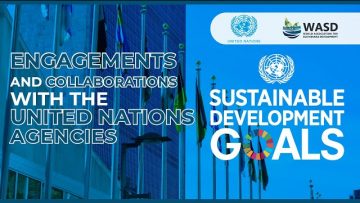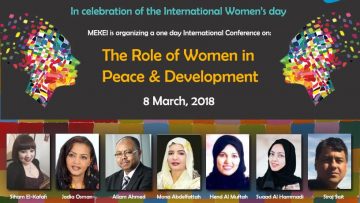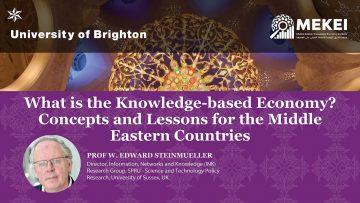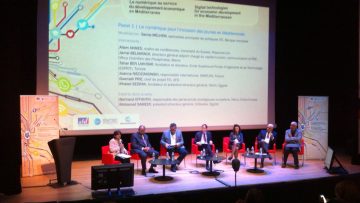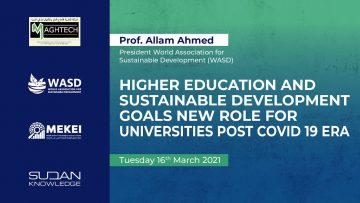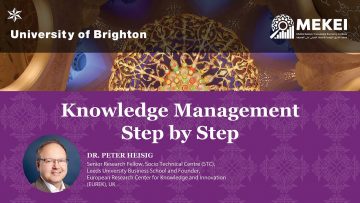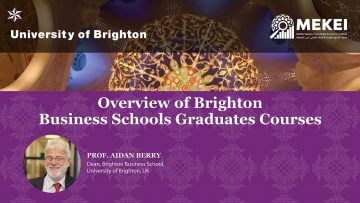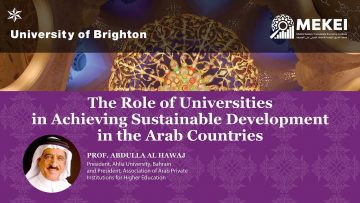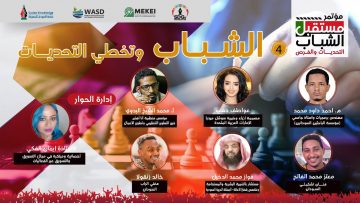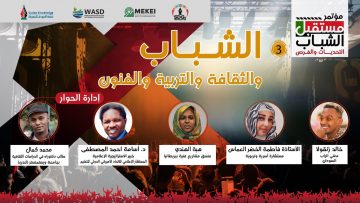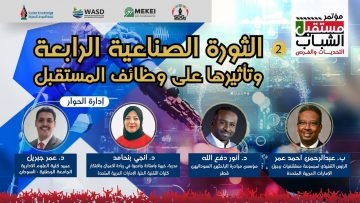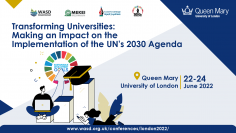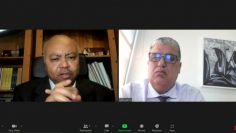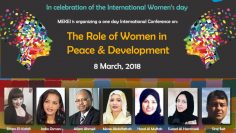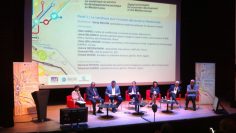
Strategic Leadership and Planning in Higher Education: policy directions for the learning futures
Two Days Intensive Workshop
August 2018 (09:00-14:00)
Khartoum – Sudan
Hosts
Salih Hamad Training & Capacity Building Centre, Sudan
Middle Eastern Knowledge Economy Institute, UK
P3 Transform Ltd, UK
Target audience: Higher Education officials, minsters, undersecretaries, vice chancellors, deans, head of department, academics, researchers, students, youth, NGOs (voluntary) and civil society groups (public).
Focus: Higher education, universities, research institutions, colleges, knowledge-based economy and Sustainable Development Goals (SDGs)
This two-day workshop has been designed to introduce a variety of perspectives on leadership in the public and private sector with more focus on the higher education institutions (universities and research institutes). The workshop aims to enable leaders and decision makers to introduce fit-for-purpose leadership styles and approaches to their universities and research institutes. At the end of the workshop attendees should be able to acquire a comprehensive knowledge and practical experience about leadership styles and approaches in alignment with the local needs and capabilities. Moreover, after competition of the workshop, attendees to write a report, supported by the tutor, of what they have learnt and what is particularly relevant to their employers. A focus to be one aspect of the workshop which has implications for the way they will improve their professional practice when they return to their employers. This will help reassure the employers of the benefits of the programme and help consolidate the understanding of the manager.
The key objectives of the workshop are:
- This integrative workshop aims to develop a deeper understanding of the theoretical and practical aspects to leadership within HE, and to develop the essential skills and competencies necessary to plan, monitor and control different tasks and events.
- Develop an understanding of the different approaches to leadership and management to ensure HE is at peace with itself.
- How universities can reposition and rebrand themselves as an excellent provider of transformative education, achieve national and international recognition.
- How universities can handle effectively the changing expectations of students; increased competition in the sector; reduction in income; changing technology and other issues.
- This workshop will also complement the different management skills already developed through earlier other (if any) management training and courses.
- How to ensure universities and research institutes are confident about their future.
- In addition, participants will have insight into: critical analysis; interactive and team working; creativity; and problem solving.
Theme
Today, more than ever before in human history, the wealth or poverty of nations depends on the quality of higher education (HE). Revolutionary breakthroughs in the knowledge economy are leading to remarkable changes in the way forward-looking nations capacitate their graduates. In this era of global skills and knowledge race, all universities cannot fail to realise, accept and accomplish its natural and ascribed roles as a strategic agent for national development. Universities must confront new realities rapidly manifesting themselves in a diversely complex and fast-changing world. Business as usual will not suffice. Universities need to be expansively re-focused in order to become more sensitive and responsive to its mission of developing graduates who, in addition to conventional graduate training, are also able to fight the intellectual battle for self-confidence and self-assertion as equal players in the global and intensely competitive knowledge economy.
Whilst there has been a tremendous growth in size, the expansion of HE in almost all Arab countries has caused average quality of education to decline as resources are stretched increasingly thin. Essentially, the expansion has been less differentiated and, therefore, ill-planned to confront emergent development needs. Rather, what is evident is a stupendous replication of traditional disciplinary-based techniques of knowledge production. These have, nevertheless, increased the richness of knowledge about the universe we live in but without apparently translating or transforming the catchment societal environments in terms of measurable productive capacities. There are also grave concerns that HE in most Arab countries is becoming increasingly obsolete which, in part, is why development programmes are stultified even from the outset. There are also serious issues regarding the under-performance in research – state of academic research is less-than-satisfactory in almost all universities in the Arab countries. Therefore, Arab HE institutions must confront the ‘new realities’ evident in the environments in which they operate. Many scholars and policy makers have called for a transformative innovation agenda which embraces radical change for new synthesis and approaches for transforming HE in the Arab countries.
Youth in the Arab region are growing fast and governments in the region expect their universities and research institutes to make a leading contribution by producing graduates ready to grasp the various opportunities generated in the digital economy. It is therefore important that all HE institutions and societies to consider the youth in all their curriculum design, programs development as well as fulfilling their role as major agents in the realisation of the various future strategic visions in most countries in the region. According to recent reports by the World Bank, with a large youth representation and youth unemployment ratio, the Arab region faces a potential crisis and the education sector should be reformed to include specific qualifications and specialisations in the digital economy. The private sector can play a larger role in helping governments and academia focus investments on high-priority and high demand skills, thus young students are ready for employment the moment they graduate.
DAY ONE
- Arrival refreshment and registration
- Welcome and overview
- Understanding the problems in managing HE
- Aspects of transforming learning and teaching
- Role of HE in knowledge-based economy (KE)
DAY TWO
- Arrival Refreshment and reflection on day one
- Effective leadership in HE
- Strategic leadership and planning
- Leadership skills and tactics
- Discussion and reflection
Benefit for Participants
- It is a great opportunity for participants to gain knowledge on the role of university in the 21st century.
- Providing training and educational opportunities for participants.
- Offering networking opportunities for participants and businesses.
- Meeting with professional international keynote speakers.
- Meeting with professionals who are considering careers in HE.
- Motivating participants to armaments science.
Benefits for Employers
- Enhance relationship with different HE institutions.
- Meeting with participants.
- Raising institutional image, profile, awareness, and market exposure for the future intakes.
- Post event publicity through social media marketing, bulletins and word of mouth.
- The opportunity for universities and research institutes to showcase their role in community service.
Target participants
- The workshop covers materials for all levels from supervisory through to senior level.
- HE officials: minsters, undersecretaries, vice chancellors, deans, head of department, etc.
- Academics and researchers.
- Students, youth, NGOs (voluntary) and civil society groups (public).
- Professionals, businesses and other stakeholders particularly the private sector managers responsible for leading change and transformation efforts .
- Managers and directors responsible for transformation, projects, programmes, knowledge, innovation or change management.
- Experienced managers who have significant futures oriented management responsibilities, and who are interested in reflecting on their own experience and discovering new ideas.
Venue and Registration
ALL participants must register in advance to attend the seminar, to register please contact the coordinator on 00 249 112070825 to pre-book your place at the seminar. Included in the course fee, the following learning materials will be provided:
- All overhead slides/transparencies.
- Case studies (print and video) used on the course.
- Certificate of attendance.





